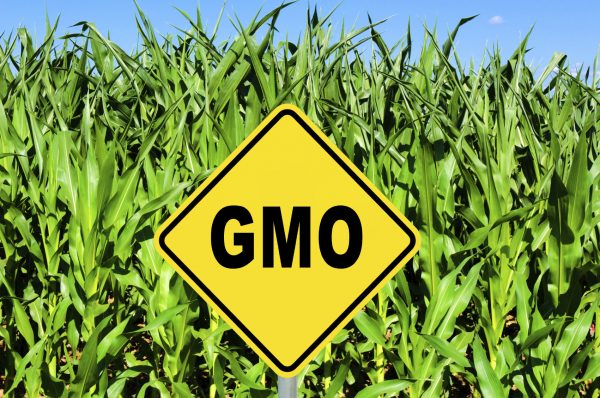GMO contamination found in native corn varieties in Brazil

Published: June 8, 2022
Category: GMO News
In Brazil, one of the largest producers of GM crops worldwide, GMO monocultures account for about 123.5 million acres. Small-scale growers, indigenous people, and traditional communities are responsible for conserving local genetic resources.
A recent study highlighted the coexistence of these two agricultural models, looking at transgenic flow detection in corn (maize) landraces (local cultivars). The study analyzed 1098 samples of landraces collected from Brazil’s semi-arid region. Measurements revealed 34% of samples contained GMO proteins, some with seven different GMO events in the sample.
“Commercial approval of GM varieties in Brazil occurs at a faster pace than the country’s ability to adopt effective measures to protect landraces and farmers’ seed-management systems,” wrote Third World Network.
From the study’s results, the authors suggest a direct relationship between the flexibility of commercial releases of GMO corn and the insufficiency of national rules for controlling gene flow mediated by GMO pollen or propagules, with the increasing transgene flow into landraces in the studied region. In fact, regulatory bodies are making more flexible biosafety rules, making it clear that the standards in force do not allow assurance of on-farm corn preservation.
More studies are needed to assess the impacts of GMOs on genetic diversity, as well as the sociocultural and economic systems responsible for dynamically conserving landrace seeds. Transgene flow can be reduced by enforcing more effective coexistence rules confining GMO seeds to specific areas and recognizing that corn landraces are significant separate seed-producing areas deserving protection.
Organic & Non-GMO Insights June 2022




